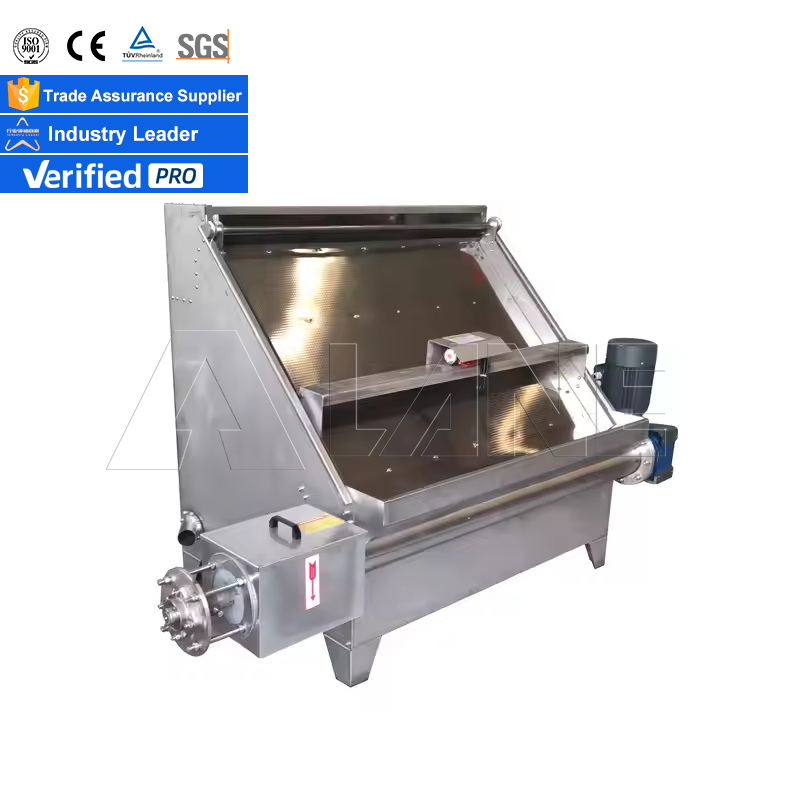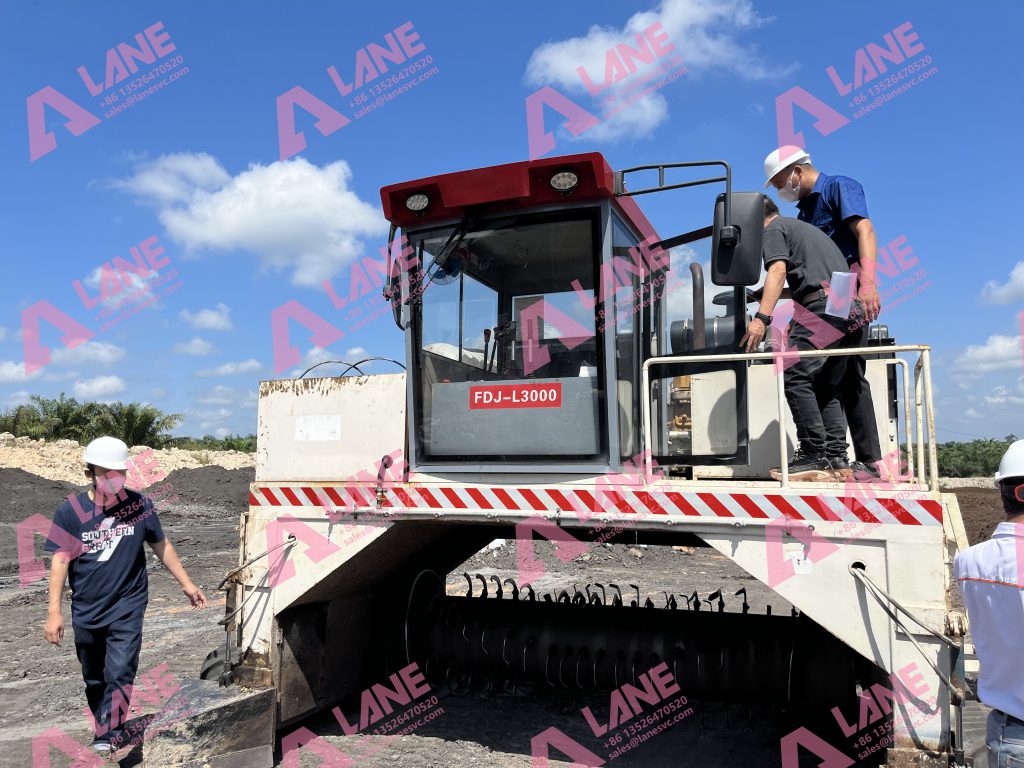According to statistics, a 1,000-pound horse produces about 40-50 pounds of feces and urine every day, which means nearly a ton of feces per month. In addition to feces and urine, each horse also excretes about 8 pounds to 15 pounds of rotted bedding every day. With such a large amount of horse manure, if horse farmers do not properly dispose of horse manure piles, horse manure piles will become unsightly, smelly, and fly-infested, causing runoff pollution to nearby streams and ponds, seriously affecting the daily lives of surrounding residents.
Fortunately, successfully composting horse manure can eliminate these troublesome problems, reduce the amount of fecal waste, kill parasite eggs and larvae and eliminate weed seeds, and provide a modest additional income by converting fecal waste into a marketable resource. “Composted horse manure is an important source of slow-release soil nutrients for pastures or gardens. In a year, one horse produces $300 to $500 worth of manure compost,” said Dr. Caitlin Price Youngquist, soil scientist and regional extension educator at the University of Wyoming Worland. Composting can improve the health and moisture of plants and soil, making plants healthier and more disease-resistant.

Stacking:
Due to the high purity of poultry manure, it should be mixed with some other raw materials, such as grass powder/straw, domestic garbage, sludge, mushroom waste, etc. The moisture content of the mixed raw materials should be 50-70%, and you can also choose a solid-liquid separator to help the horse manure dehydrate quickly. (Effective composting horse manure requires the use of carbon-rich expanders to adjust the nutritional balance and physical structure of the substrate. In horse manure, the mat acts as an expander.)

The mixed raw materials should be piled into a stable shape. The width and height should be equal to the compost turner. The length should be as long as possible. The ground should be as flat as possible.
In manure composting, if the waste pile does not get enough oxygen, the entire composting process will produce an unpleasant odor and slow down the decomposition rate. Regular turning is one of the most effective ways to provide oxygen to the compost pile. In large/commercial-scale horse manure composting facilities, composting horse manure is usually done using commercial composting equipment, such as a compost turner.

Add the bio-fermentation agent to the composted raw materials.By using a compost turner, the bio-fermentation agent will be thoroughly mixed with the raw materials. After 3-5 hours, the odor will disappear. After 16 hours, the temperature will reach 50°C. When the temperature reaches 55°C, the raw materials should be turned again to add some oxygen. After that, when the temperature reaches 55°C, the raw materials should be turned thoroughly to fully mix, add oxygen, and reduce the temperature. This process takes about 7-10 days.
If the moisture content is too high during the process, some dry raw materials need to be added.
The generated compost crushing and screening process:
Finally, the fermented raw materials need to be separated by a screening machine. Larger raw materials need to be crushed into powder by a crusher.
Odor in compost: If there is not enough air, the compost pile will produce odor. To solve this problem, farmers only need to turn the compost to increase ventilation.
The compost is damp and smells bad: This is because the compost pile is too wet and lacks air. At this time, farmers need to add dry materials (such as straw) to the manure pile to mix it and increase ventilation.
The inside of the pile is dry, but it should be moist like a wrung-out sponge, and water should be added to the pile when turning it.
The temperature does not rise because there are too many carbon source raw materials (wood chips, straw) in the pile, and not enough source (horse manure).
For more details, please feel free to contact us.
Henan Lane Heavy Industry Machinery Technology Co., Ltd.
Email: sales2@lanesvc.com
Contact number: +86 15515885328
Whatsapp: +86 15515885328